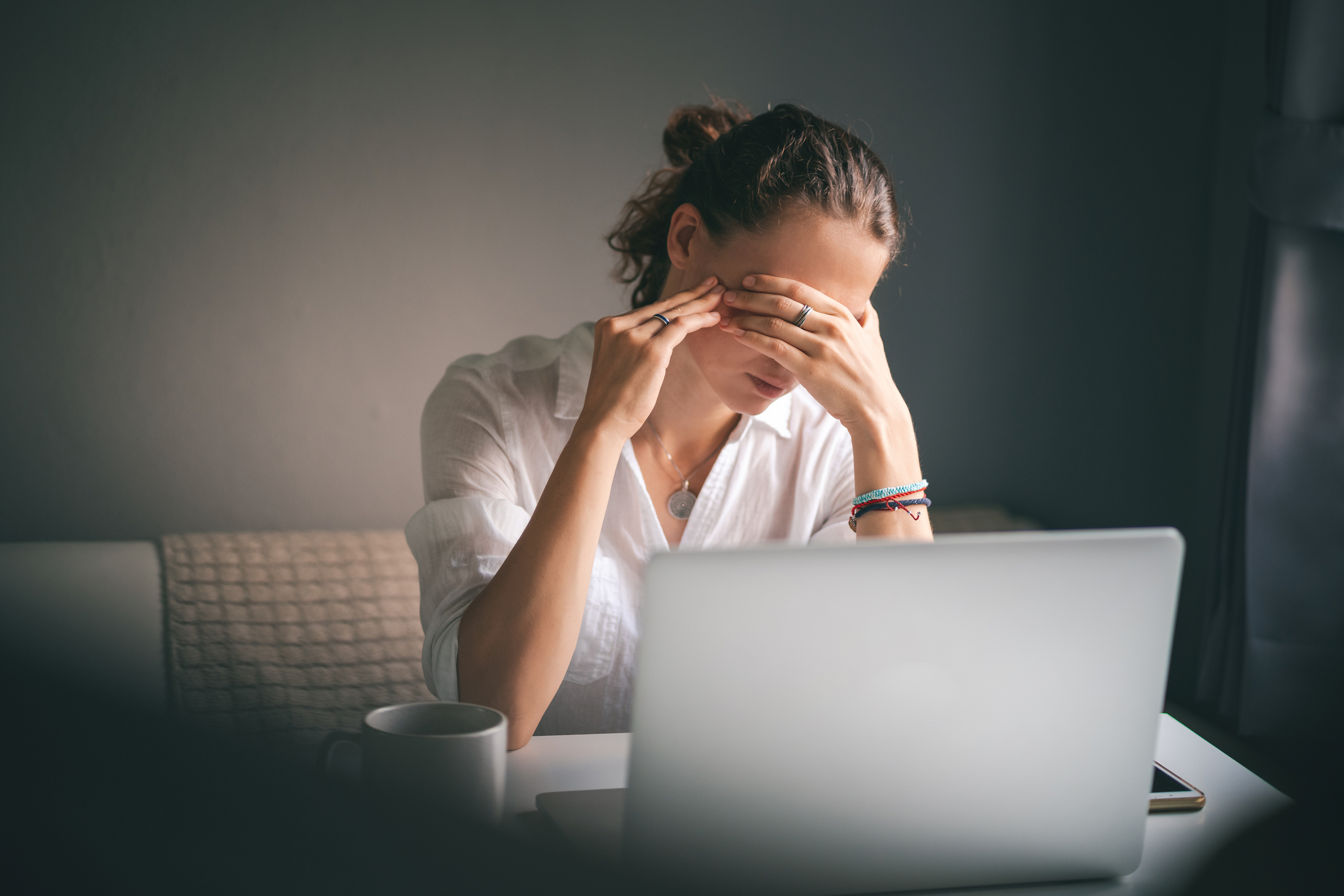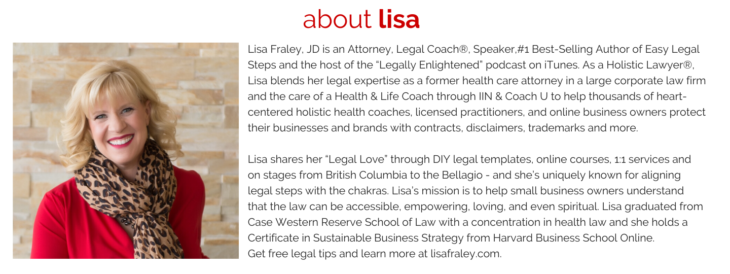Why It’s So Difficult to Keep New Year’s Resolutions –and What You Should Do Instead
| By Nick | 0 Comments
Looking for ways to make and keep New Year’s Resolutions? The start of a new year is an excellent opportunity for reflection, evaluation, and recharging ourselves with the memories of all we have accomplished and learned during the last twelve months. This is also the perfect time to rethink, evaluate, and set new goals. In other words, it is the ideal time to build new habits and improve in many aspects of your life. So why do resolutions get such a bad rap?
We often struggle to keep our new year’s resolutions. Sometimes we get discouraged because setting resolutions can be easy but maintaining them and achieving them throughout the year can be tricky. Still, setting a vision of what you want to accomplish during the new year can give us a clear map and guide us to a self-care plan. We must make time for ourselves to nurture our bodies and minds.
Why is it challenging to keep new year’s resolutions?
Often our resolutions are based on what we think we should do rather than what we really want to do or what is possible for us to do. We set goals that are impossible to achieve or that don’t align with our values. We may raise our expectations too high and wind up disappointed when we can’t meet them. Our brains are programmed to seek pleasure and avoid pain, so it is difficult to modify old habits that are hardwired, fulfill a purpose, and generate satisfaction, even if they are no longer serving us. It is important to remember that change is challenging and staying motivated and disciplined can take time.
Nowadays, there are many distractions, and maintaining a focused mindset to prioritize our goals can feel like you are swimming upstream. Some distractions generate joy and pleasure (hello, social media!). In this case, we must be strong and determined to overcome them, knowing that achieving our long-term goals is more important and meaningful.
Being organized and choosing a day of the week to plan your schedule and think about what you need to do to accomplish your resolutions can be extremely useful.
First, we must aim to set our sights on a longing or a dream that makes us want to achieve our goals. Then, set specific, measurable, achievable, realistic, and timely or that will help us make progress towards our goal. Think about setting short-term goals and ask yourself how and when you will achieve them. Consider rewarding yourself for accomplishing small steps to keep you motivated. We must also learn to recognize our own beliefs that limit us; and for this, meeting with a counselor or a health and wellness coach can be of significant help.
The best thing about a new beginning is to start again, rethink past behaviors and experiences, deepen something we already like, or try something new.
Aspects of your life that may be good places to focus a New Year’s resolution include:
- Moving your body for energy and flexibility
- Feeling safe and comfortable in the places where you work and live
- Stepping out of your comfort zone for personal development
- Consumption of food and fluids for nourishment
- Finding ways to rest and recharge
- Relationships with family, friends, and coworkers
- Increasing your connection to spirit and soul
- Harnessing the power of the mind for healing
In many ways, looking back on the past helps us understand ourselves better and make positive progress forward. It also aids in identifying skills we already possess but may not be aware of. Because of this, it’s never too late to get to know yourself and determine what changes may be good for you.
To deepen your personal development and help others along their journeys, Maryland University of Integrative Health offers two complementary master’s degrees. Our Master of Arts in Health and Wellness Coaching prepares students to aid individuals in introspection, goal setting, behavioral change, accountability, and goal achievement. Our Master of Science in Health Promotion prepares you to design, implement, and manage community and workplace health education programs and/or identify community health barriers and advocate for community health initiatives.


